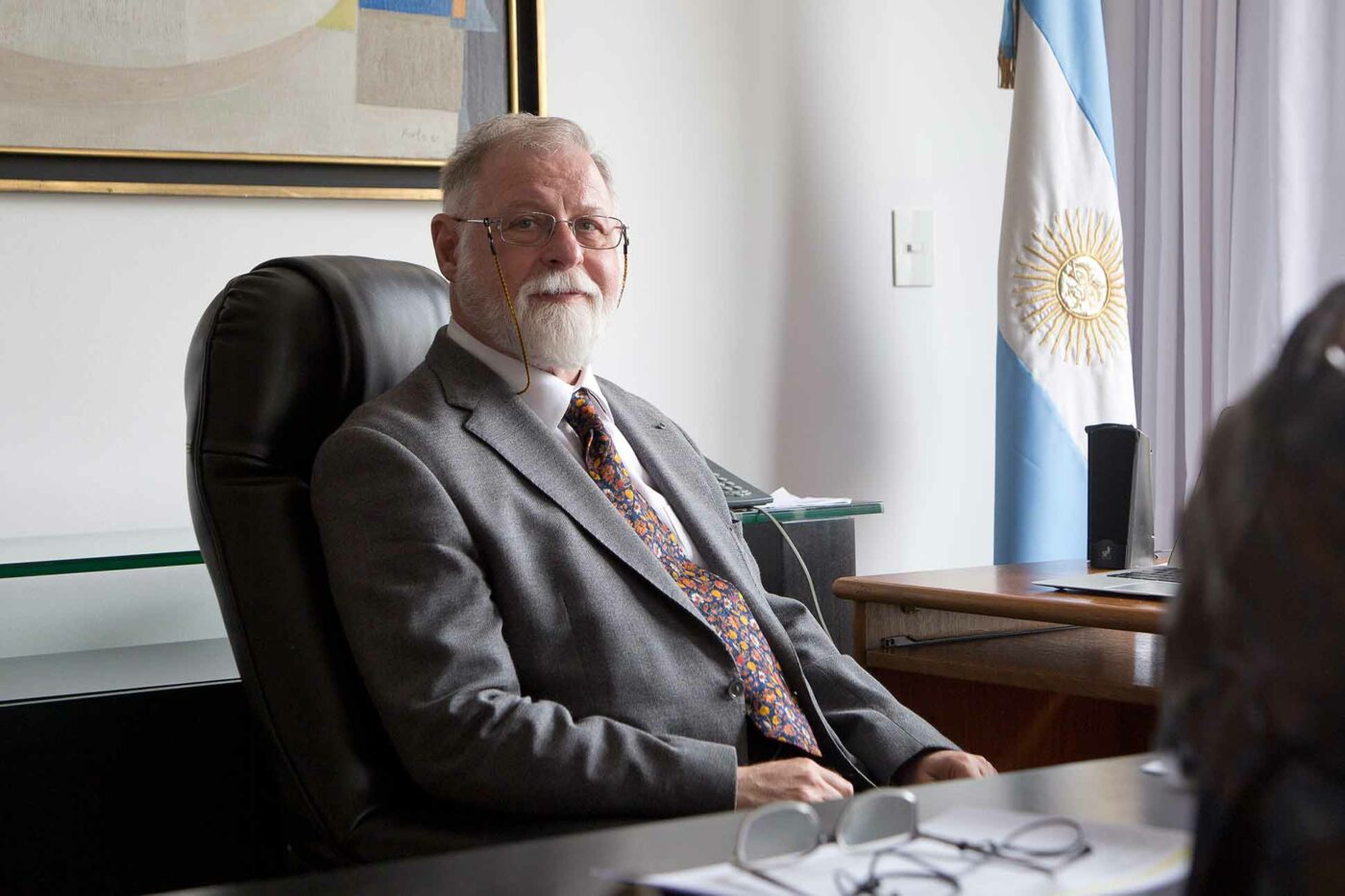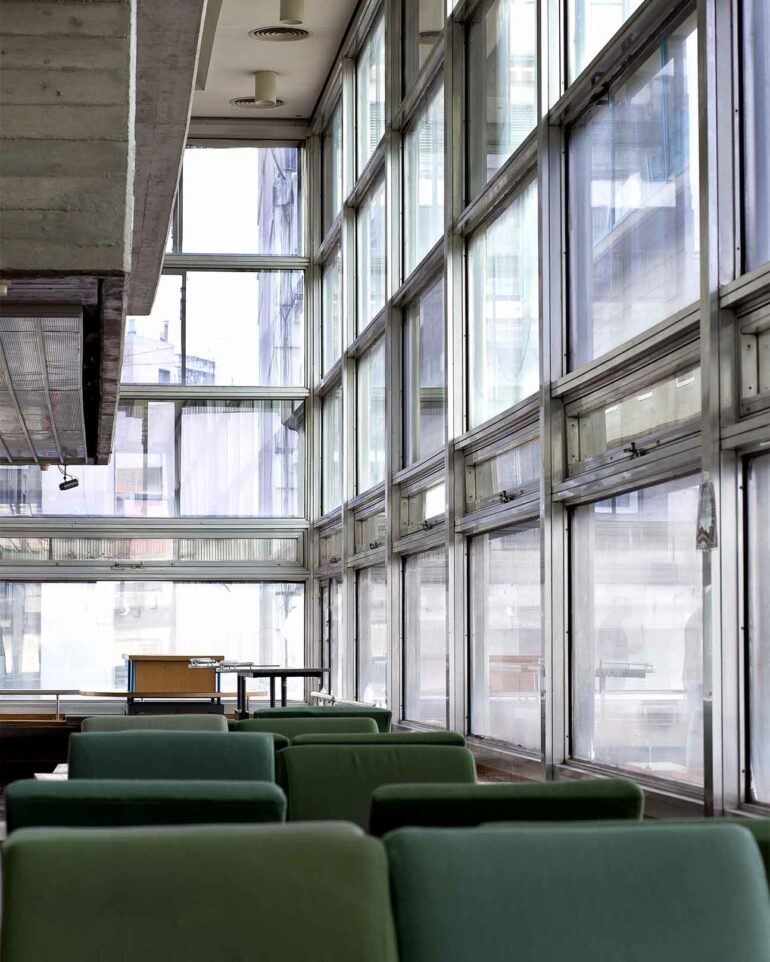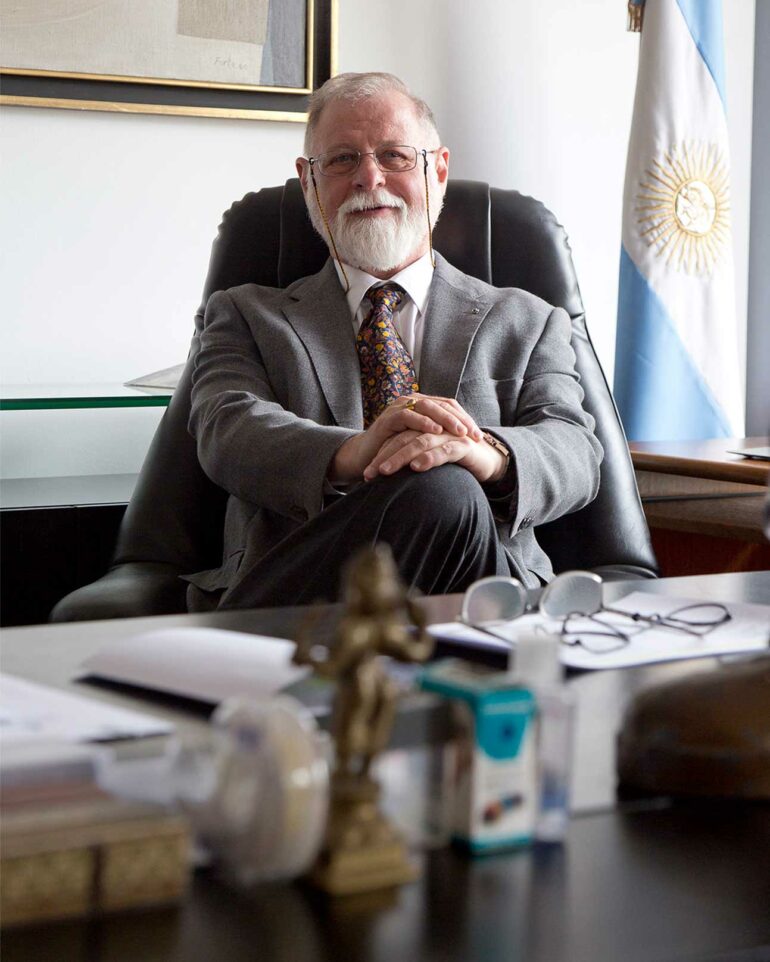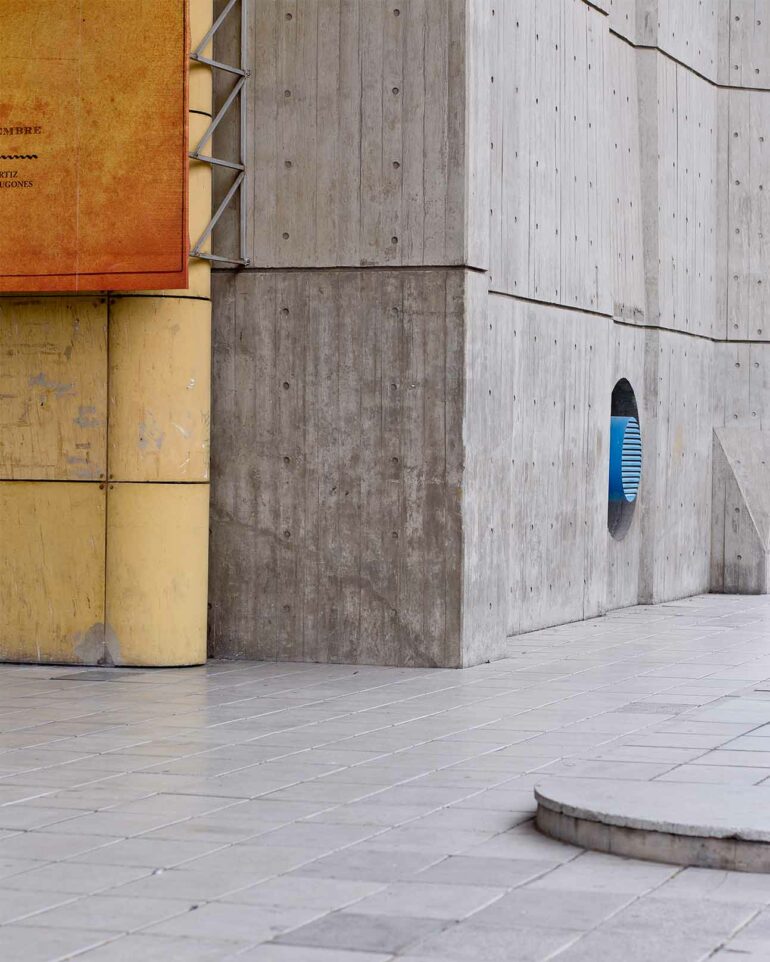The National Library of Argentina’s new director, Alberto Manguel, returns to Buenos Aires to take its helm after nearly 50 years abroad.
If you walked past Señor Alberto Manguel in the street in London, you could mistake him for the most English of gentlemen. A handsome, distinguished man in his late sixties – he exudes the air of an Oxford Don, but not without the warmth and friendliness of your most worldly uncle. His professorial stature is a dead giveaway for his prestigious job; Alberto is the new Director of the Biblioteca Nacional de Argentina, the National Library – the emissary for the country’s intelligentsia.
Despite his quintessentially Argentine name, he gives off an international aura. Born a native Porteño, he left Buenos Aires aged just a month old. His father was appointed an ambassador in 1947, as the Peróns moved into Casa Rosada, the Presidential palace. Alberto grew up abroad, speaking English and German as his first languages – travelling extensively before finally returning at the most troubling of times. It was 1955, the start of two decades of unending power exchanges, revolutions and coups d’état. The struggles and inhumanity associated with this, what locals call the “dark times” cause many Argentines to hang their heads in shame should the subject be brought up.
Yet he is nostalgic about that time. It was when he first learnt Spanish. He also vehemently attributes his secondary education as fundamental in creating his intellectual landscape. I watch him drift back in time as he tells me this, reminiscing fondly about a bookshop near his old school, downtown in Monserrat – today La Librería De Avila, once known as the Librería Del Colegio – a labyrinth of old books, musky smells and for him, memories. It’s a romantic notion, a wide-eyed, impressionable young lad discovering his love for literature in a city; a country; where the written word has always held so much prestige. He snaps out of the daydream suddenly, so much so I almost hear a thud, to tell me that Buenos Aires today overlays a city of ghosts, as there are so many places where sadly, his memories are of friends who were killed, tortured or made to disappear.
In 1969, he left Argentina. Over the next 40 years, he got married, fathered three children and divorced, before meeting his current partner of 30 years, Craig. With his now-husband, he has lived in Canada, the UK, the USA and in France, where they owned a beautiful Presbytery with a treasured library of 35,000 books. After they were both offered work in New York City, Alberto reflected on his approaching septuagenarian status, coming to a practical decision to sell-up the idyllic French lifestyle, put the books into storage and move to the Big Apple. So there he was, sitting comfortable and happy in what he thought were the final chapters of his being; without realising that there was a second volume in the making, back in his birthplace.
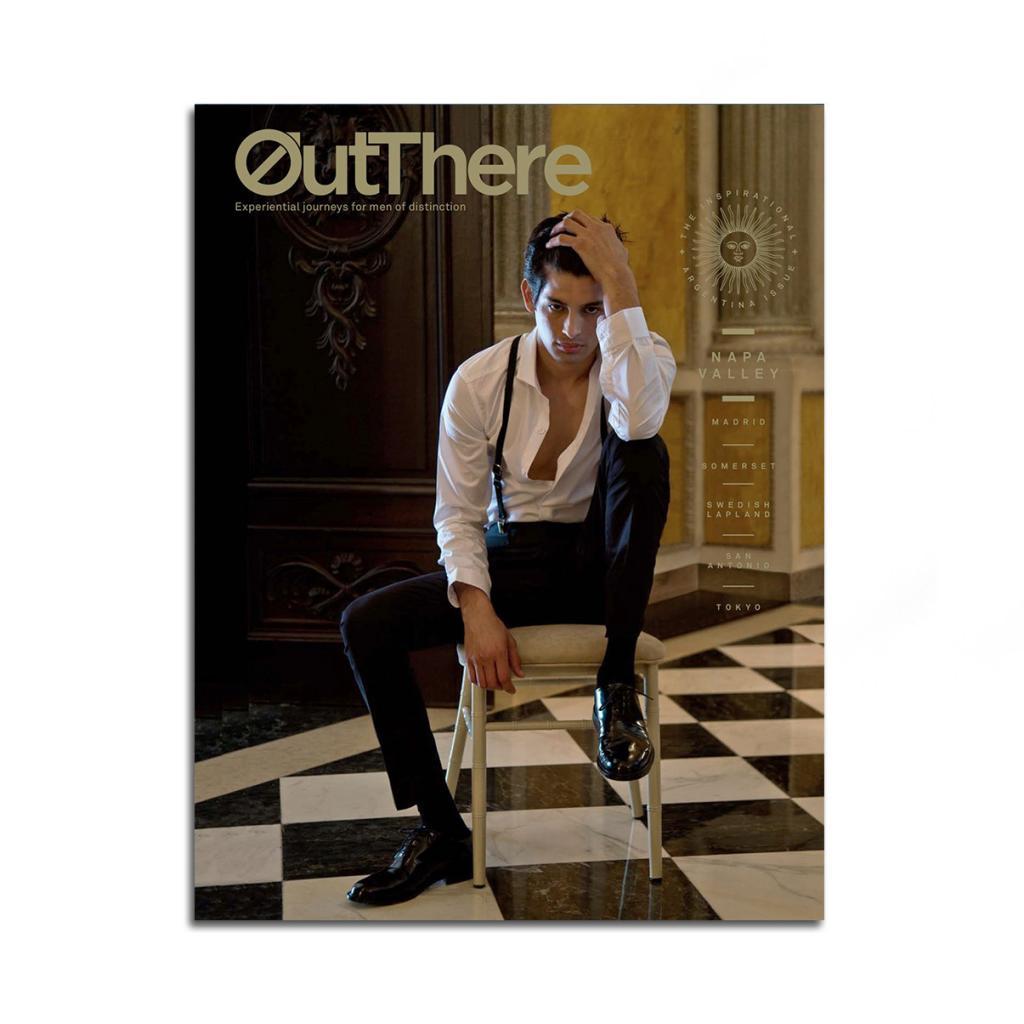
This story first appeared in The Inspirational Argentina Issue, available in print and digital.
Subscribe today or purchase a back copy via our online shop.
Returning to Buenos Aires wasn’t the easiest of decisions. He describes Argentina affectionately as a “crazy country” – equating it to Alice in Wonderland – in that its grip on reality is sweaty-palmed. He explains that there is an absurd but ongoing dialogue, a curious idea of civic and social responsibilities that owes much more to friendships and family loyalty than political authority. For Argentines, rules were made as options. If you have ever tried to navigate a pedestrian crossing in the country, you’ll see that drivers feel that they have the option of stopping. Alberto believes that this is actually rooted in religion, in that there is a substantial difference between the Protestant mindset that we have in Britain and one that is Catholic.
“In the Reformation, the idea was to go to the heart of things – express oneself clearly, follow the rules and have a certain work ethic. In contrast, the Counter-Reformation, the renaissance of Catholicism, is all about smoke and mirrors. This manifests itself in the Baroque style for example, where reality is covered up and decorated with frills. Its core is still there, but it is defined less by what it is and more by what surrounds it. Apply that mindset to social structure in Argentina and it is understandable that on the surface what seems like a carefree society, is also one that takes far less responsibility in its own existence.”
Alberto doesn’t believe in the concept of nationality and cultural identity. He is adamant that the place that our mothers decided to drop us shouldn’t determine who we are and that passports are a bureaucratic convention.
“Labels are the most dangerous thing that the human mind has invented. It leads to lazy thinking,” he adds. He explains that while his cultural geography is composed in part by Argentina (instantly correcting himself to say Buenos Aires) it doesn’t mean that he wears a poncho, drinks Mate and dances the tango. As I nod in agreement, I glance over to his desk. It is flanked by a rather large Argentinian flag and a Mate cup sits proudly on its leather blotter. He catches my eye immediately to qualify that the cup was a cherished, but unused gift and quickly points out a toy Alberta-saurus that his son had given him, in a measure to assure me that Canada also runs deep in his DNA.
“Borges was confronted by this idea that he wasn’t Argentinian because he was interested in the Arabian Nights,” Alberto volunteers. I had been waiting for Borges to come up in conversation; Argentines consider him as their greatest philosopher. A little essay he penned, the Argentinian Writer and Traditions, is a fundamental read to understand what ‘national identity’ means. Borges argues that to be Argentine is either a question of fate or one of faith; Borges himself has proved that you can be Argentina’s most important writer, yet universal at the same time.
I’ve often applied the same questions about sexuality. Because I’m gay, does that mean I’m supposed to act in a certain way? Yet I’m against the mainstreaming of ‘gay culture’ – the colour and history that makes it so interesting to be part of this community. But I agree with Alberto, particularly in fighting labelling – if we can consciously do away with it, it is much harder to be prejudiced. Alberto tells me that living as a gay man in Buenos Aires is no different from New York. But he adds that at 68 years of age, he is part of a generation that has an ingrained fear of public displays of affection – be that in Argentina or even the more liberal places in the world. His sense is that if he were to hold hands with or kiss his partner in public, it wouldn’t really be an intimate act, but a political statement.


